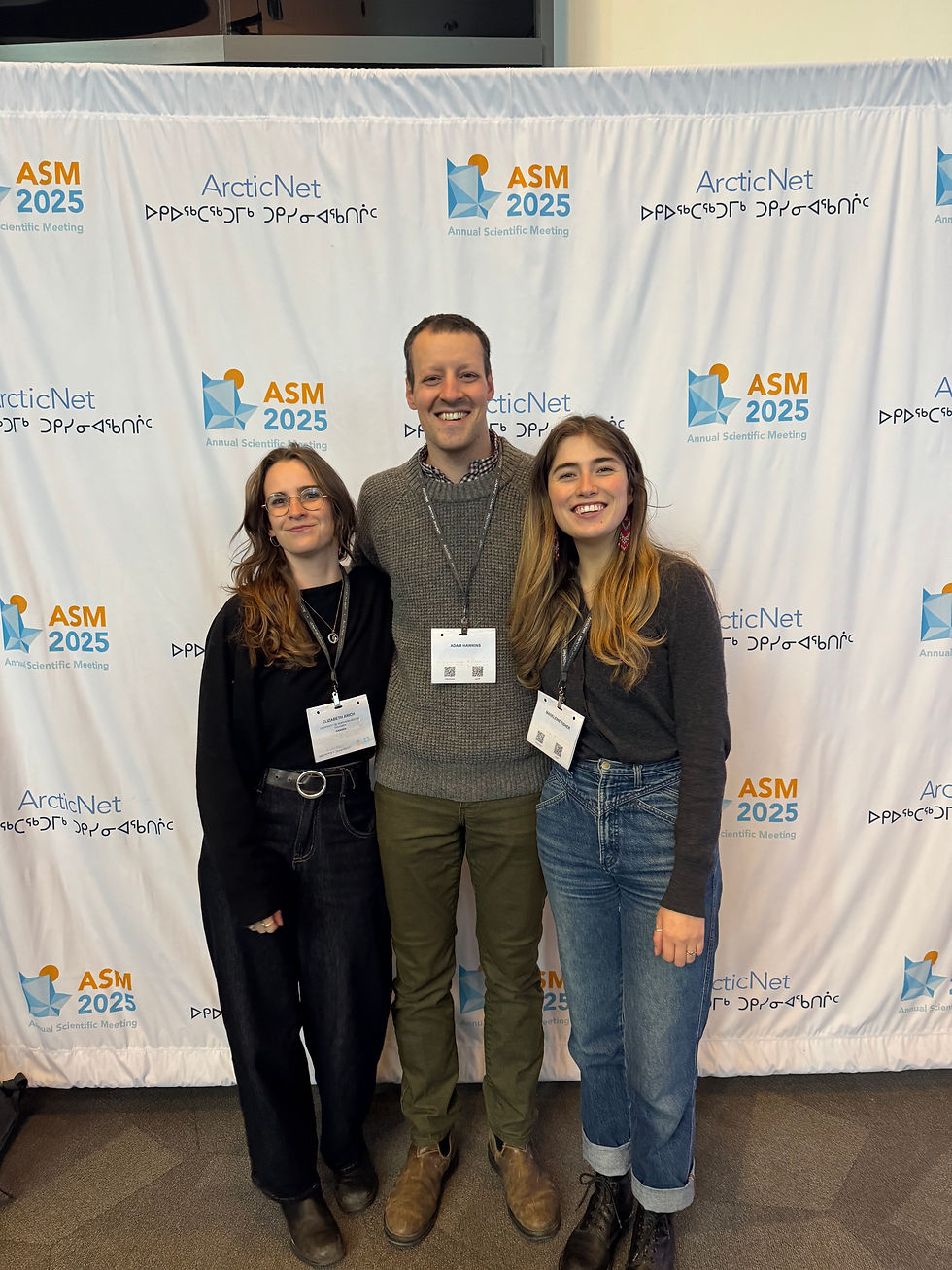Community Empowerment for Climate Change Adaptation in Papua New Guinea
- ECRG

- Mar 25, 2019
- 2 min read
The Environmental Change Research Group drummed myriad lessons into me that I carried forward with my leap out of academia. Within my role as a Climate Change Adaptation (CCA) & Disaster Risk Reduction (DRR) Program Officer in the islands of Papua New Guinea (PNG), one notion in particular continues to resonate through my work:
The actual impacts of climate change depend on how communities adapt to changes in their environment. To increase the success of community-generated adaptive strategies, communities must have the capacity to make informed decisions about how they want to adapt to climate change.
This notion guided my decision to join ADRA’s Inclusive Community Empowerment project via the Australian Volunteers program, funded by the PNG-Australia Partnership. Based out of the urban center of Kavieng, New Ireland, my role has placed me alongside Kamilo Bogen, a water and agricultural specialist from the slopes of the highlands of PNG. One of the activities that Kamilo and I were tasked with was to design and deliver CCA & DRR workshops to nine remote communities across the islands of PNG.

Together, we designed five-day workshops tailored to the local environments of each community. Each workshop begins by providing workshop participants with up-to-date Western scientific climate information to explain past, current and potential environmental changes in their communities. These knowledge exchanges manifest into two-way knowledge sharing as local knowledge holders weave traditional ways of knowing throughout the lively discussions. Next, participants are guided through a series of tools used to identify, assess and prioritise key climatic and non-climatic stressors in their community. Workshop participants are then guided through another series of tools used to identify, assess and prioritise potential adaptive strategies in their communities. Finally, a CCA & DRR committee is democratically elected and integrated into existing community governance structures to mainstream the identified adaptive strategies into community activities.
Over four hundred participants have attended our community workshops to date. Ultimately, these participants are empowered with the ability to leverage up-to-date climate information weaved from western scientific and traditional ways of knowing to identify, assess and prioritise climatic and non-climatic stressors and adaptive strategies in their communities.




Comments